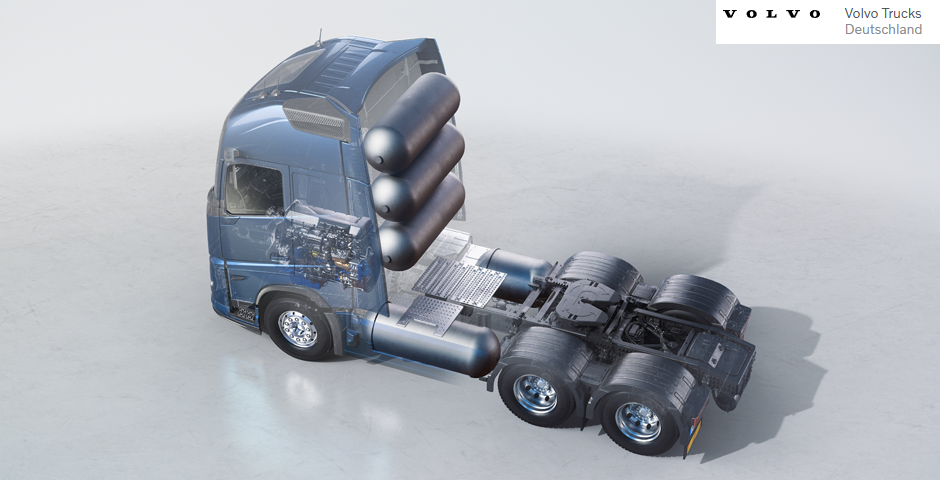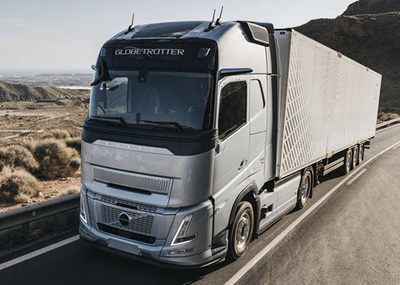Trucks powered by green hydrogen instead of fossil fuels offer a means to decarbonize transportation. Hydrogen trucks are particularly suitable for long hauls and regions where charging infrastructure or battery charging time is limited.
In 2026, Volvo will commence customer testing of its trucks utilizing hydrogen in combustion engines. These trucks are expected to be available on the market towards the end of this decade. Testing, both in laboratories and vehicles, is already underway. Hydrogen-powered trucks with combustion engines will complement Volvo Trucks' array of alternative propulsion options, including battery-powered trucks, fuel cell-powered trucks, and trucks running on renewable fuels such as biogas, biodiesel, and HVO (Hydrotreated Vegetable Oil).
"Trucks retaining the traditional combustion engine but powered by hydrogen are expected to deliver the same performance and reliability as our diesel trucks, with the added benefit of potentially very low CO2 emissions (well to wheel). They will be a valuable addition to our battery-electric trucks, which have been on the market for several years," says Jan Hjelmgren, Head of Product Management and Quality, Volvo Trucks.
Volvo trucks with combustion engines powered by green hydrogen have the potential for net-zero CO2 emissions when renewable HVO is used as the ignition fuel. They will be classified as Zero Emission Vehicles (ZEV) according to the EU's newly agreed CO2 emission standards.
"It's evident that various technologies are needed for decarbonizing heavy transport. As a global truck manufacturer, we must support our customers by offering a variety of decarbonization solutions. Customers have the opportunity to choose their propulsion based on the transportation task, available infrastructure, and prices for green energy," adds Jan Hjelmgren.
Volvo trucks equipped with hydrogen-powered combustion engines will utilize High-Pressure Direct Injection (HPDI). This technology enables auto-ignition by injecting a small amount of ignition fuel under high pressure before adding hydrogen. The benefits of this technology include improved energy efficiency, reduced fuel consumption, and higher engine performance.
The Volvo Group has signed an agreement to establish a joint venture to utilize HPDI technology with Westport Fuel Systems. The joint venture is expected to commence operations in the second quarter of 2024 following its official completion.
FACTS
- Hydrogen-powered Volvo trucks will have a range comparable to many diesel trucks depending on the type of transport.
- Due to low CO2 emissions from hydrogen combustion, these trucks will be classified as "zero-emission vehicles" according to the newly agreed EU CO2 emission standards.
- Hydrogen combustion engines emit minimal amounts of nitrogen oxides and particles.
- Hydrogen can also be used to power fuel cell electric trucks, with electricity generated onboard the vehicle. Fuel cell electric trucks emit no exhaust emissions, only water vapor.
Source: www.pressebox.de









